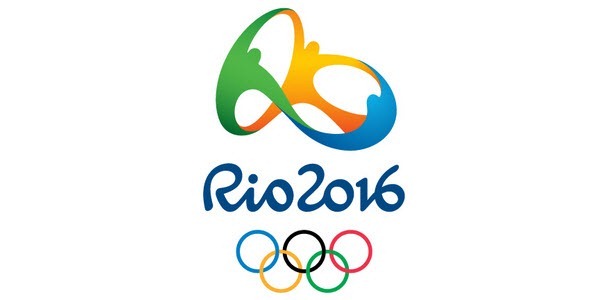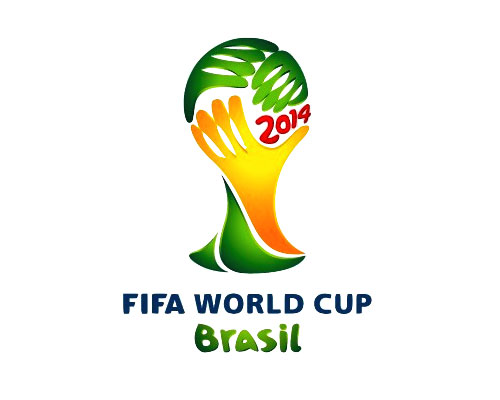Blogger Roundtable: Brazil 2014 or Rio 2016?
Which sporting event in Brazil would you rather attend: The 2014 FIFA World Cup or The 2016 Summer Olympics? Please give your opinion by answering the poll at the top of the page and share your thoughts in the comments section.
All eyes will be on Brazil in two of the next three summers as the country is set to host what are arguably the two biggest international sporting competitions in the world. Many people dream about getting the chance to go to either event, but if you could only go to one, which one would you select?
Here's what our bloggers had to say:
Adam Malz - Olympics
I would much rather attend the 2016 Summer Olympics in Brazil. The Olympics offer a variety of sports and the same level of pride in your country that the World Cup offers.
Matthew Hakimian - World Cup
Despite the aura the Summer Olympics carries, there is no single sporting event that can match the excitement of the World Cup. It is the pinnacle of the most popular sport outside the U.S. as the world's best soccer players vie to obtain national glory. In addition, from start to finish the World Cup is twice as long as the Summer Olympics (32 to 16 days). As a huge soccer fan though, my answer is likely biased due to the fact that the quality of Olympic soccer doesn't even compare to the level of competitiveness featured in the World Cup.
Thomas Kroner - Olympics
I would rather go to the Summer Olympics in Brazil simply because America is considerably better at nearly every other sport in the world than we are at soccer. If I’m spending the money to travel and stay in another continent then I want to see America succeed. The last thing I want is some little Portuguese person coming up to me talking trash about the result of a game.
Max Fogle - Olympics
After seeing the World Cup draw for the USMNT, I'm tempted to say the Olympics. While I would like to see the German national team and the Ronaldo national team, I wouldn't be able to take another defeat to Ghana. I would rather get better use on all of my star spangled paraphernalia and watch a bunch of Americans win at sports that I usually do not watch. It would be Rio 2016 for me.
Labels: AMalz, BCantor, BloggerRoundtable, Brazil, MFogle, MHakimian, Olympics, Opinion, Original Content, Soccer, TKroner, USA, World Cup






